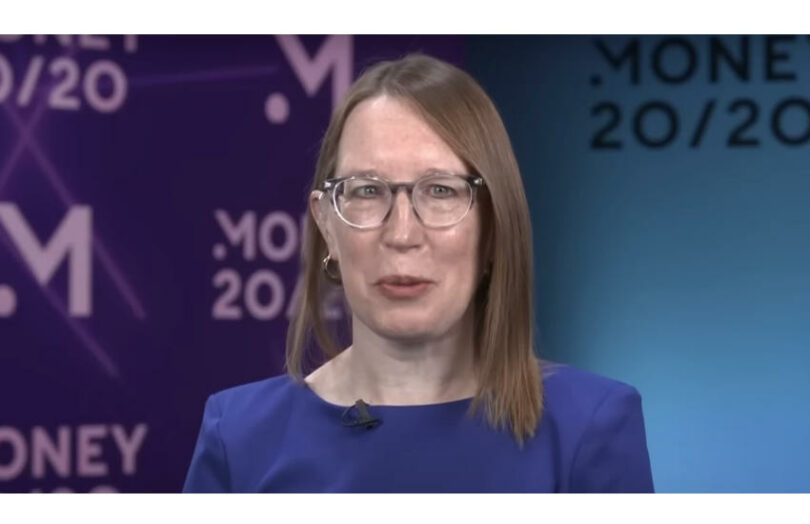During a speech yesterday, SEC Commissioner Hester Peirce criticized the SEC staff accounting bulletin SAB 121, which significantly restricts banks from offering digital asset custody services. She argued that the SEC should adopt a more open approach to engagement.
SAB 121 mandates that any listed firm must record crypto-assets held in custody as both an asset and liability on its balance sheet. This requirement complicates banks’ compliance with Basel rules by necessitating a dollar of capital set aside for every dollar held in custody, rendering crypto custody economically unfeasible.
Recent statistics indicate that U.S. banks lag behind their international counterparts in providing digital asset custody services. Notably, when the 11 spot Bitcoin ETFs were issued in January, no banks offered custody for the underlying cryptocurrency.
The Government Accountability Office (GAO) determined that SAB 121 warranted a Congressional review. Furthermore, the House Financial Services Committee has recently voted to reject SAB 121. Ms. Peirce pointed out that SAB 121 “arguably does not protect investors” as banks and broker-dealers possess both the custody and security experience needed.
She also raised concerns about the potential negative impact on any crypto-assets held in custody in the event of bankruptcy. The Conference of State Bank Supervisors expressed their concerns to the House Financial Services Committee, emphasizing that “Assets held in custody for the benefit of customers are accounted for off-balance sheet – and thus protected in bankruptcy – because they remain the assets of the customer. The requirement for custodied crypto-assets to be recorded on-balance sheet risks eroding the bankruptcy remote protections of custody services.”
SAB 121: Lack of Consultation with Banking Regulators
Commissioner Peirce highlighted the issue of inadequate SEC engagement, noting that banking regulators seemed to have been left out of the discussions. She referenced comments by Travis Hill, Vice Chairman of the Federal Deposit Insurance Corporation (FDIC), who questioned the wisdom of allowing a single cryptocurrency exchange (Coinbase) to dominate custody services for most of the Bitcoin ETF market, thereby excluding banks.
Mr. Hill emphasized that the accounting rule does not only apply to cryptocurrencies but also to any tokenized securities. He stated, “The SEC’s definition of ‘crypto-asset’ is extremely broad and could encompass not only blockchain-native assets but also tokenized versions of real-world assets. This underscores the importance of agencies seeking public comment before issuing major policy directives and, at the very least, clarifies that SAB 121 does not extend to the broader range of tokenized assets beyond blockchain-native ones.”
This concern was echoed in a recent letter from various banking and securities industry bodies, which called for the exclusion of traditional assets from the scope of SAB 121.






